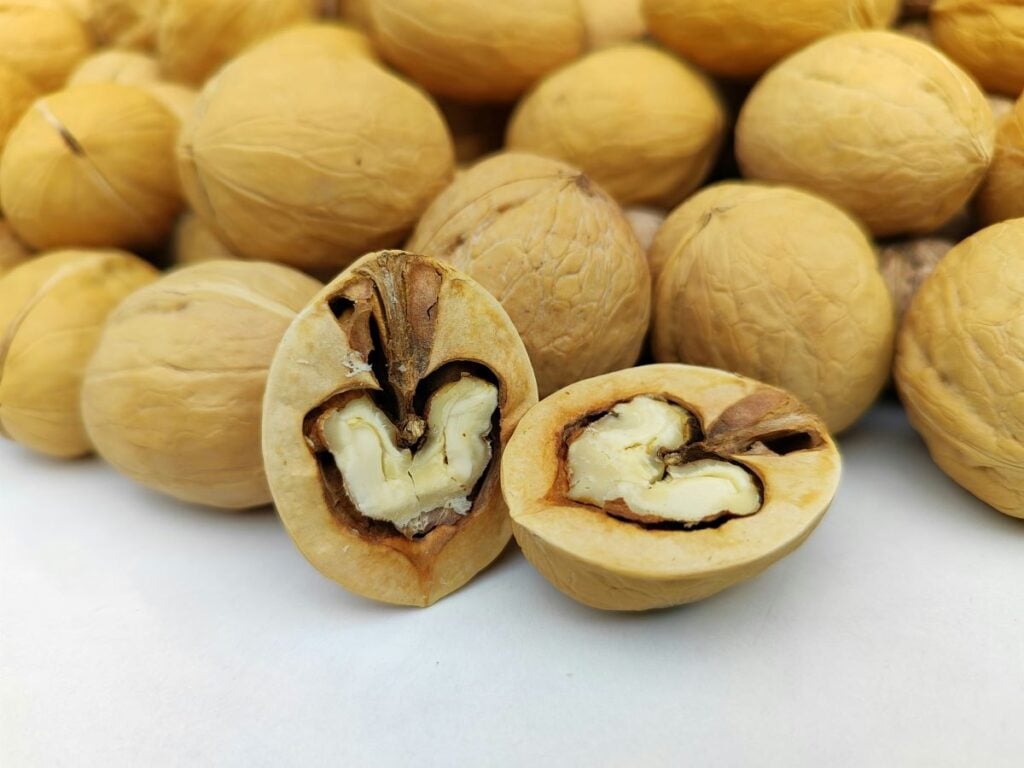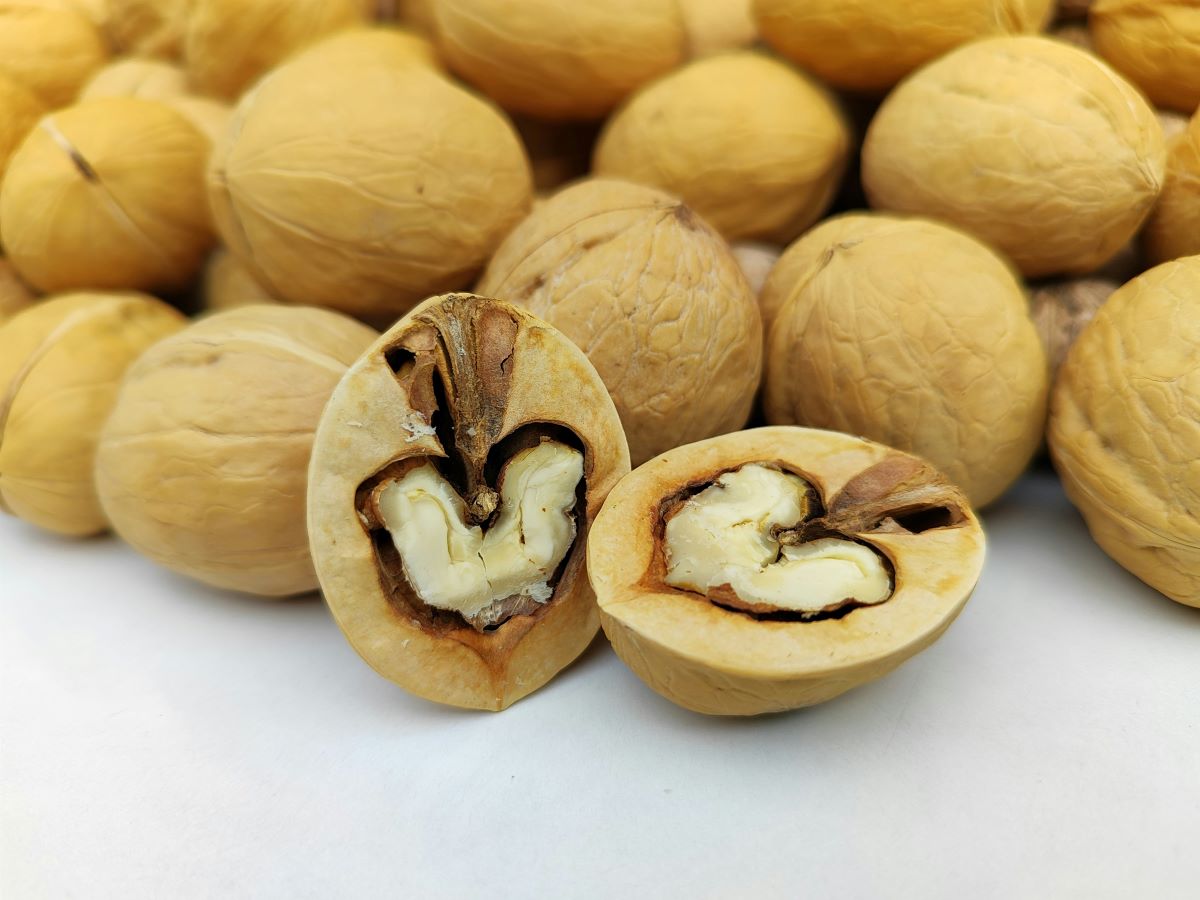- Boost your intake of foods rich in antioxidants like berries and leafy greens. These protect sperm from damage, supporting overall male fertility and the development of healthy sperm.
- Incorporate sources of Omega-3 fatty acids, such as salmon and walnuts. These fats are crucial for improving sperm quality and the structure of the sperm membrane.
- Ensure adequate zinc from foods like beef or pumpkin seeds. This mineral is directly linked to better sperm motility and can help increase sperm count.
Searching online for how your diet impacts male fertility can feel overwhelming. With so much conflicting advice, it’s difficult to separate fact from fiction. At Aneeq, our DHA-licensed medical team is here to cut through the noise. This guide provides clear, medically-validated information on how nutrition directly influences your reproductive health. We’ll explore specific foods that increase sperm count and explain how certain lifestyle choices can improve sperm motility. Our goal is to empower you with factual advice to enhance sperm quality and address concerns like low sperm count. By understanding the link between your diet and sperm, you can take proactive steps to support your fertility journey.
Understanding the key metrics of male fertility
To understand male fertility, our specialists examine three primary indicators in a semen analysis. These metrics collectively determine your overall sperm quality and are benchmarked against guidelines from the World Health Organization (WHO). Healthy testosterone levels often support better outcomes across these measurements, which are crucial for conception.
The three key parameters of sperm quality are:
- Sperm Count: This measures the concentration of sperm per millilitre of semen. A healthy count is considered 15 million or more.
- Sperm Motility: This refers to movement. Good motility is essential for sperm to reach an egg. At least 40% of sperm should be moving effectively.
- Sperm Morphology: This evaluates the size and shape of sperm. A normal shape is vital for fertilization, with at least 4% expected to meet the criteria for normal morphology.
How your diet directly impacts sperm production
Your diet provides the essential building blocks for healthy sperm production. A consistent, balanced diet rich in vitamins and minerals directly supports healthy testosterone levels and improves overall sperm quality. More importantly, certain foods contain antioxidants that protect against oxidative stress, a key factor in cellular damage that harms sperm cells. This damage can significantly reduce motility, making it difficult for sperm to travel effectively. By making conscious dietary changes, you take a proactive step toward better male fertility. Taking control of your nutrition is one of the most effective ways to support your fertility journey and improve your reproductive outcomes.
Essential nutrients for improving sperm quality
Your diet has a significant impact on your overall health, and your reproductive wellness is no exception. Certain vitamins and minerals are fundamental for boosting male fertility by improving sperm quality and enhancing motility. Nutrients like zinc are crucial for maintaining healthy testosterone levels, which directly influences sperm production. A balanced intake of key antioxidants and vitamins supports the development of healthy sperm, a cornerstone of male fertility and crucial for improving your chances of conception.
| Nutrient | Role in Male Fertility | Top Food Sources |
| Zinc | Zinc is essential for sperm formation, testosterone metabolism, and overall sperm quality. Sufficient zinc intake improves sperm motility, while a deficiency can negatively impact male fertility. | Oysters, beef, pumpkin seeds |
| Folate (Folic Acid) | Works alongside zinc to support sperm DNA stability and health. Low levels of folate are directly linked to poor sperm quality and chromosomal abnormalities in sperm. | Leafy greens (spinach), lentils, avocados |
| Vitamin C | A powerful antioxidant that protects sperm from cellular damage caused by oxidative stress. It significantly improves sperm count and motility. | Citrus fruits, bell peppers, broccoli |
| Vitamin D | Linked to healthy testosterone production and improved sperm motility. Studies show that maintaining adequate Vitamin D levels can support overall reproductive function. | Fatty fish (salmon), fortified milk, sunlight exposure |
| Omega-3 Fatty Acids | These healthy fats are critical for the structure of the sperm cell membrane. They help enhance sperm count and motility, improving the sperm’s ability to swim effectively. | Salmon, walnuts, flaxseeds |
| Coenzyme Q10 | Acts as a vital antioxidant, boosting energy production within sperm cells. This increased energy is essential for powering strong sperm motility and improving overall sperm quality. | Organ meats, fatty fish, spinach |
Top foods that increase sperm count and health
Incorporating specific, nutrient-dense foods into your diet is a powerful and proactive step toward improving your reproductive health. The right nutrition directly impacts sperm production, structure, and movement. Making conscious dietary choices is one of the most effective ways to support your male fertility. Here are some of the top options that enhance sperm quality, as recommended by our specialists.



- Oysters
Famous as a potent aphrodisiac, oysters are the number one food source for zinc, a mineral critical for male fertility. This mineral plays a vital role in sperm production and helps maintain healthy testosterone levels. A sufficient intake of zinc is directly linked to improved sperm count and enhanced motility. - Spinach and Leafy Greens
Spinach and other leafy vegetables are packed with folate, which is essential for healthy sperm development. Low folate levels are associated with poor sperm quality, including DNA damage. Ensuring your diet is rich in these greens helps produce strong, healthy sperm, which is fundamental for improving your overall sperm quality. - Walnuts
Walnuts are a powerhouse of omega-3 fatty acids and antioxidants. These nutrients work to protect sperm from cellular damage and improve their vitality. Studies show that regularly consuming walnuts can significantly enhance sperm motility and shape, which are both crucial for fertility. - Tomatoes
Tomatoes are one of the best dietary sources of lycopene, a powerful antioxidant that gives red fruits their color. Lycopene has been shown to improve sperm motility and structure, meaning sperm are stronger swimmers. Cooking tomatoes with a healthy oil can enhance your body’s absorption of this key nutrient. - Pumpkin Seeds
These small seeds are another incredible source of zinc and are also rich in antioxidants. This combination supports healthy testosterone production and helps increase sperm count. The nutrients also protect sperm from damage, which is crucial for maintaining good motility. - Fenugreek
This herb has been used for centuries to enhance male vitality. Modern research suggests fenugreek may help boost testosterone levels, which are fundamental to sperm production. It has been shown to improve libido and overall sexual health, contributing positively to your fertility journey. - Ashwagandha
An adaptogenic herb renowned in traditional medicine, ashwagandha helps the body manage stress. Since chronic stress can negatively impact testosterone and sperm production, ashwagandha can be highly beneficial. It is linked to increased sperm count, improved sperm motility, and better testosterone levels. - Lean Beef
Lean cuts of beef are a fantastic source of essential nutrients for male fertility, including zinc, selenium, and L-carnitine. L-carnitine is an amino acid that is crucial for normal sperm function and plays a significant role in improving sperm motility. Including lean beef in your diet provides the building blocks for optimal sperm quality.
By focusing on these nutrient-rich options, you are actively investing in your health. A balanced diet provides the essential vitamins, minerals, and antioxidants needed to support healthy testosterone, improve sperm motility, and ultimately enhance your male fertility.
Foods and substances that may harm sperm quality
Protecting your fertility involves making proactive choices about what you consume and avoid. Certain foods and chemicals can contribute to oxidative stress, which may reduce overall sperm quality and lead to a low sperm count. By being mindful, you support healthy testosterone levels and your reproductive health. Limiting the following can make a positive difference.
- Processed meat and trans fats: Regularly consuming items like bacon, sausages, and fried foods is linked to a decline in sperm motility and overall male fertility.
- Excessive soy intake: High consumption of soy products may impact hormonal balance, which can in turn affect sperm production.
- Bisphenol A (BPA): This chemical is found in some plastics and can linings. Reducing your exposure to BPA is a smart step to safeguard your sperm health.

Lifestyle changes to support your dietary efforts
A balanced diet is a powerful starting point, but it works best as part of a comprehensive strategy. Taking a holistic approach to your health is essential for improving male fertility. Regular exercise, for instance, not only helps maintain a healthy weight but can also boost testosterone levels. Optimal testosterone directly supports healthy sperm motility and quality.
Similarly, managing stress and ensuring you get enough quality sleep are vital. Chronic stress and sleep deprivation can negatively impact your hormones, which can in turn affect sperm production. By focusing on these areas alongside your diet, you create the best possible environment for enhancing your fertility. For more guidance, explore more expert advice on men’s daily health.
When diet isn’t enough: Seeking professional guidance
Improving your diet with foods that increase sperm count and ensuring adequate zinc intake is a powerful first step. But when lifestyle changes don’t lead to the desired results, professional guidance is the next logical step. If you have persistent concerns about male fertility, you are not alone. Our team of DHA-licensed urologists, including specialists like Dr. Talal Sabouni, can provide a thorough assessment. We make it simple and private to get the expert clarity you need. You can consult with one of our DHA-licensed specialists today through our telehealth platform.
Frequently asked questions about diet and male fertility
What are the best foods to eat to increase sperm count and motility?
To support sperm health, focus on a diet rich in antioxidants. Excellent foods that increase sperm count include leafy greens, citrus fruits, and walnuts. Fatty fish provides omega-3s, vital for improving sperm motility. For a direct boost, incorporate foods high in zinc, such as lean meats and oysters, as this mineral is essential for healthy sperm development.
How long does it typically take for dietary changes to improve sperm count?
The full sperm production cycle takes about three months. Therefore, you should follow dietary improvements consistently for at least two to three months before seeing measurable changes. Patience is key when making lifestyle adjustments to improve male fertility. Your body needs time to generate healthier sperm.
Beyond obvious junk food, what surprising foods or eating habits could be harming my sperm quality?
Certain habits can unexpectedly harm your sperm quality. A high intake of processed meats is linked to lower sperm counts and reduced motility. Similarly, excessive soy consumption may affect hormone balances, including testosterone. Limiting your alcohol intake also helps protect sperm motility and overall reproductive health.
How significantly can diet impact sperm count compared to other factors like exercise, sleep, and stress?
Diet is a foundational pillar of male fertility, providing the essential building blocks for sperm. It works synergistically with other factors. Consistent exercise, good sleep, and stress management are crucial for regulating the hormones that influence sperm quality and motility. A holistic approach that includes positive lifestyle changes is the most effective strategy for boosting your fertility.
What is considered a healthy sperm count according to the World Health Organization (WHO)?
The World Health Organization (WHO) defines a normal count as 15 million or more sperm per millilitre. However, count is just one metric. Doctors also assess sperm motility and morphology to evaluate overall sperm quality. Nutrients like zinc and balanced testosterone levels support all these parameters, which is why focusing on foods that increase sperm count is so beneficial.


